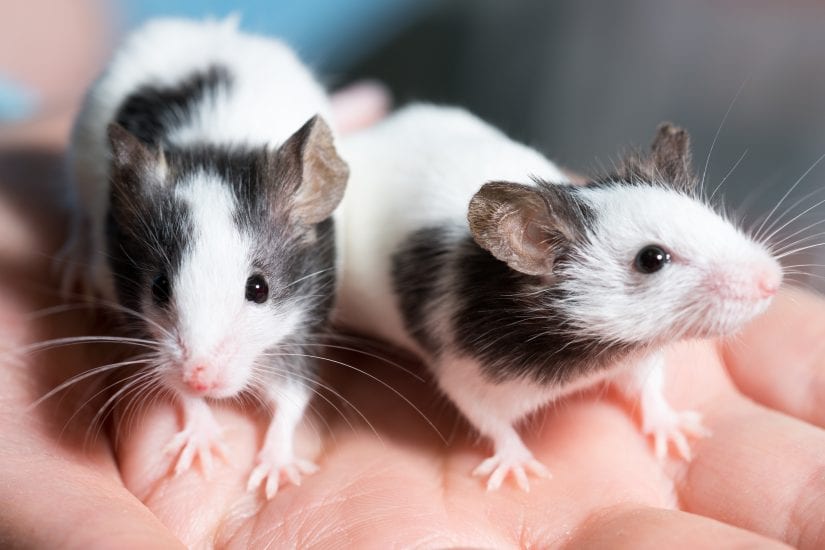Making the right match means looking for a pet that will meet your expectations, lifestyle and household. Matching also allows the animal to find a suitable home that meets their personality and needs.
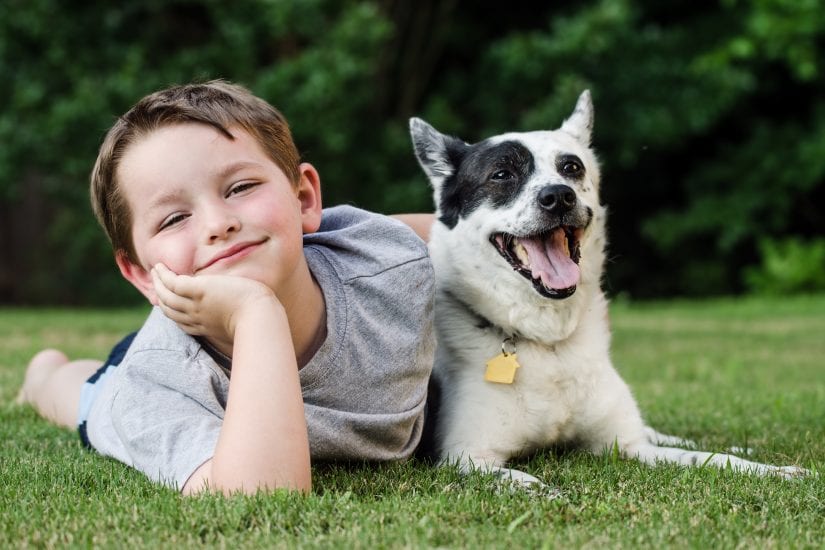
How do you make a match?
Matches are made through conversations. We’ll listen to your preferences and what your previous pet experience is. We’ll discuss what we know about the animal’s personality and needs with you.
Why is matching important?
We put a lot of effort into our matching process as a great match gives a homeless animal a chance to thrive and be happy in a permanent home. It strengthens the bond you’ll have and reduces the frustration an improper match can cause, ultimately decreasing the chance of an animal having to return to the animal centre.
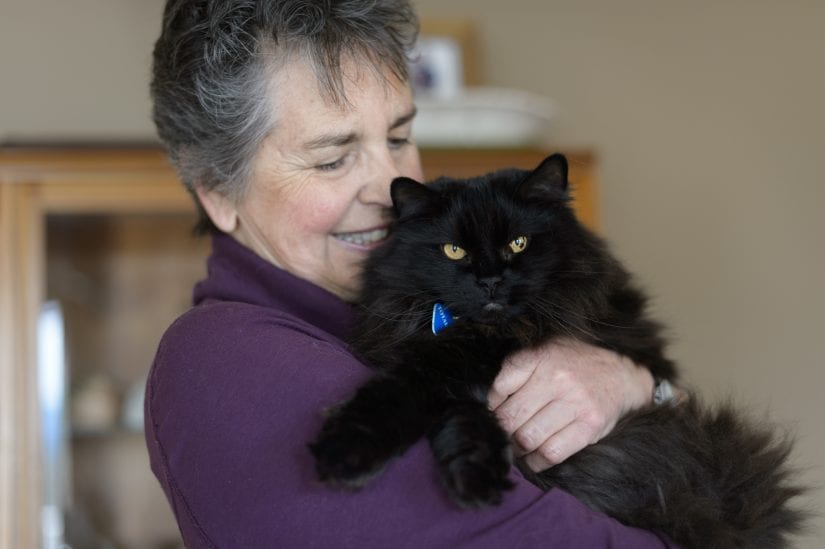
Consider the following when looking for a pet:
Puppies and kittens
Make sure you’re prepared for the patience, training and time they need. It may not be what you expected. Puppies and kittens grow up fast. By giving them proper care and attention, you can prevent behaviour issues before they start.
Adult pets
There are many benefits to adopting an adult pet. You know their size and their personality has developed. They are generally calmer and more settled. Older pets often get overlooked for younger ones. They still make loyal, loving companions.
Senior pets
Mature pets have the same benefits as adults pets, with extra needs. Although illness can happen at any stage in a pets life, they will occur sooner in a mature pet. You must be prepared emotionally and financially to care for them. Learn more about why senior animals make great pets.
Rabbits and small pets
Rabbits and small pets make amazing companions when you understand their different needs and requirements. Being smaller doesn’t always mean they need less time and attention. Do research before adopting an animal, to find out which type of small pet would best fit what you’re looking for. Find out more about these great, small package companions in our pet care section.
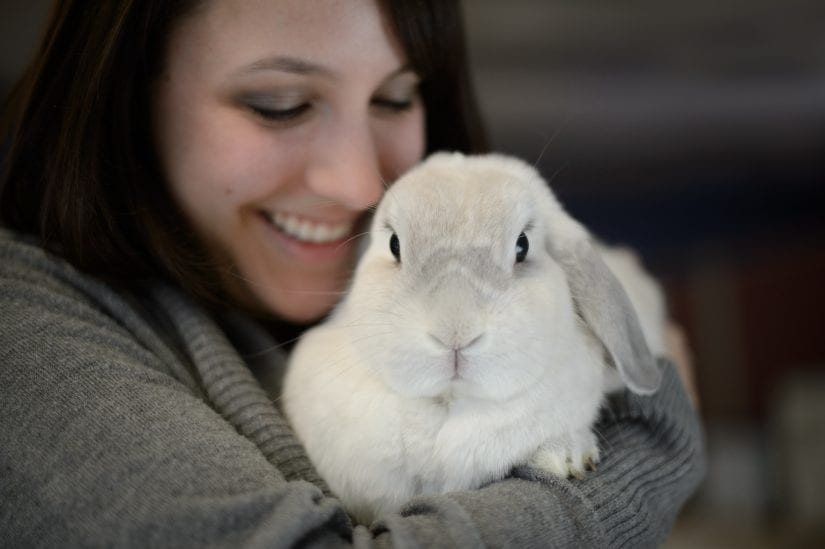
Qualities you are looking for in a pet?
Most common considerations:
- Do you want an active companion or a more relaxed one?
- Do you want a pet that needs a lot of training or are you looking for one that already has had some?
- Is it important that your pet is social with other people and animals or do you want a companion that’s more shy?
- Is it important that your companion cuddles you often or do you want a more independent pet?
- Would you be bothered by a talkative pet or you would prefer a chatty companion?
- Is it important that your new pet will be ok with young children?
Ask questions about the animal’s personality, activity level and interact with them. This gives you a better idea of who they are before you take them home. You should be willing to work on any changes or problems that may come up in your pets lifetime.
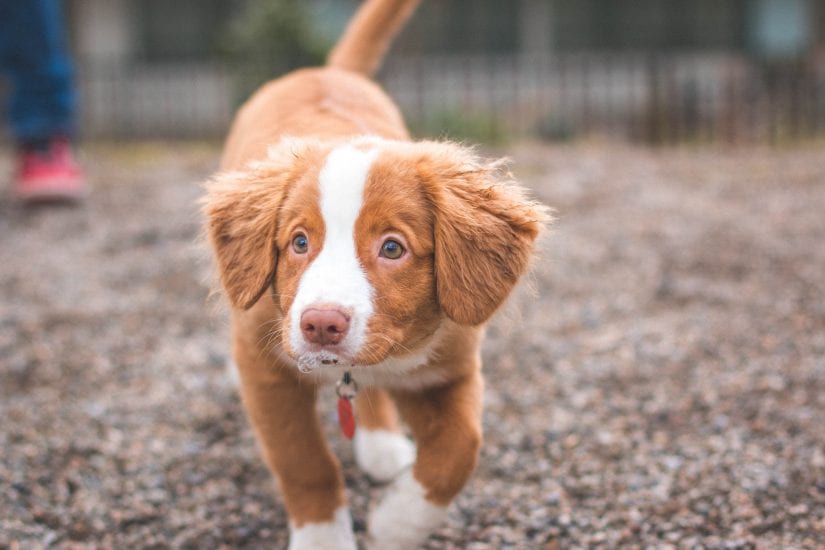
What is your household like?
Is your household busy, do you have a lot of visitors or is your home more on the quiet side? Certain pets don’t do well in busy homes or struggle with even a few visitors. Some pets don’t do well in quiet homes and need a busier lifestyle.
Are there other pets in the home?
Don’t forget to think about your current pets personality and needs when adding a new friend. Even if your pet likes other animals, they may not adjust to a new roommate. Learn more about how to gradually introduce pets in our pet care section.
Are there children in the home?
- What is your child’s experience with animals?
- Do they understand how to interact with animals gently and respect their choices?
- Do you have time to teach and supervise them as they learn how to treat and care for animals properly?
Remember that pre-teens should never be left unattended with a pet. Accidents can happen when you least expect it even to the best of us.
Do you know about our BC SPCA Kids Club? Give your child a chance to learn how they can make a difference by signing them up today!
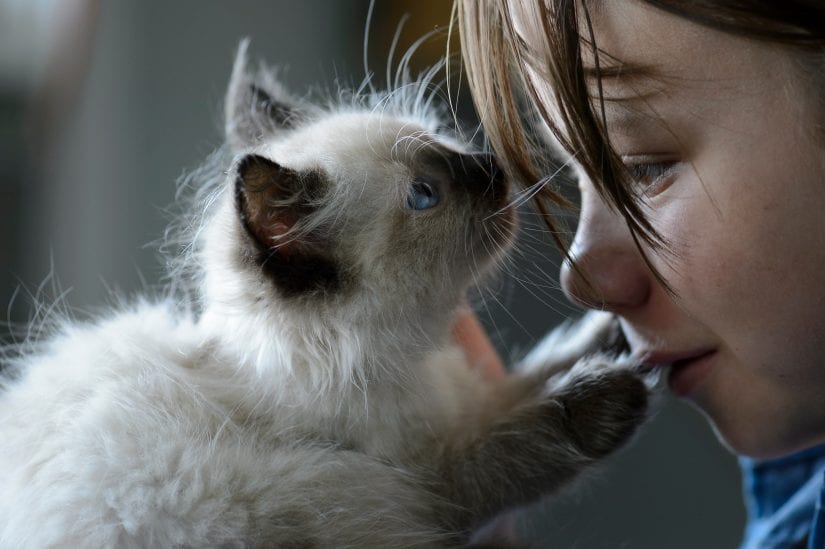
Are there other people in the home?
All members of the household should be in agreement of the pet you choose. Discuss adopting with other members of your household and which responsibilities may be shared.
Do you have time for a pet?
Think about what your work, school or travel schedule is like. If you are planning to move, travel or are not home often, this may not be a good time.
Pets need stability and routine to feel secure, while different animals need different amounts of time to meet their needs. Consider your future plans and think about if a pet will fit in with those plans.
